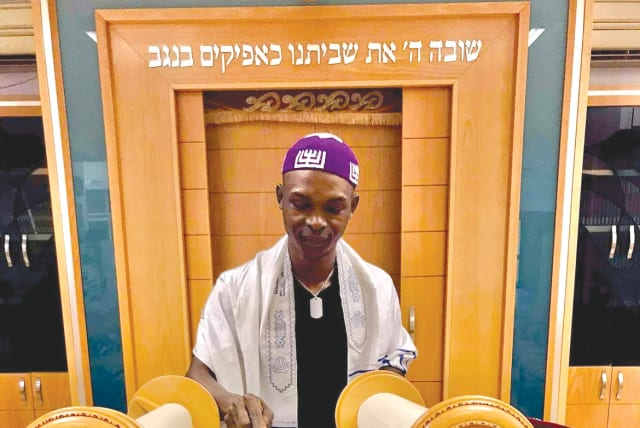Pride and prejudice: The State of Israel vs Yosef Kibita

RELIGIOUS AFFAIRS: When the young Ugandan applied to make aliyah in 2017, he couldn’t have imagined that he would be poised to fundamentally impact the dynamic of Israel-Diaspora relations.
 Sign up for our newsletter to learn more >>
Sign up for our newsletter to learn more >> Learn how to buy your home in Israel with confidence >>
Learn how to buy your home in Israel with confidence >>Jerusalem Post Store
`; document.getElementById("linkPremium").innerHTML = cont; var divWithLink = document.getElementById("premium-link"); if (divWithLink !== null && divWithLink !== 'undefined') { divWithLink.style.border = "solid 1px #cb0f3e"; divWithLink.style.textAlign = "center"; divWithLink.style.marginBottom = "15px"; divWithLink.style.marginTop = "15px"; divWithLink.style.width = "100%"; divWithLink.style.backgroundColor = "#122952"; divWithLink.style.color = "#ffffff"; divWithLink.style.lineHeight = "1.5"; } } (function (v, i) { });
